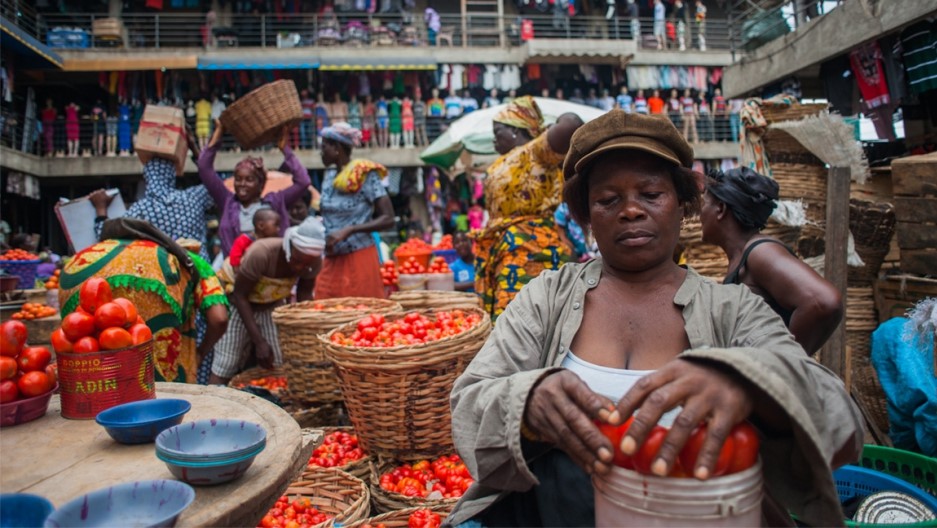When we talk about investment on the African continent, Niger Republic rarely features on the list of the continent’s investment hot spots. The West African country attracts significantly less attention. This is not surprising, as large parts of the country are situated in the Sahara Desert, with a climate that is mostly hot and dry. Aside from the seemingly natural disadvantages, Niger is seen as a country with no resources and few economic properties useful for doing business.
What is not popularly known is that Niger has 15 million hectares of cultivable land suitable for the development of intensive agro- and pastoral businesses, a huge intensive portfolio for investors looking into investment opportunities in agriculture.
With economic growth projected to accelerate in 2022 and 2023 to 6.5% and 7.2%, led by agriculture and supported by the new “3N” agricultural initiative, business people and investors should give the country a second look.
Here are some of the investment opportunities in Niger’s agricultural sector:
Farming
Agriculture and farming are major sectors across Africa, with huge numbers employed either informally or formally in the sector. Agriculture and agricultural products constitute the largest sector of the Niger Republic’s economy in terms of the number of people employed and the percentage of gross national product. It is the primary economic activity of the majority of Niger’s 17 million citizens.
Niger has a young, fast-growing agricultural labour force and low labour costs, which means that investing in farming opportunities can be rewarding.
Niger is the primary producer of cowpea (beans) in the subregion and the leading exporter of “Violet of Galmi,” a variety of onions with a unique taste that can undoubtedly generate new foreign demand.
Niger produces nutsedge, for which a potential market exists in Europe, particularly in Spain, where it is used as a substitute for malt in breweries, confectionery making, and pastry. The nation also produces sesame, with an estimated export potential of 200,000 metric tonnes due to high demand in Asia, which requires additional investments.
With the global demand for these cash crops, farming is obviously an important source of export earnings.
Livestock Farming
Livestock farming is one of the drivers of Niger’s economy. Of Niger’s exports, foreign exchange earnings from livestock are second only to those from uranium. 14% of the GDP is generated by the production of cattle, camels, goats, and sheep. Niger has vast pastoral areas, and the potential for valorizing and exporting meat and leather is significant.
Hides and skins are exported, and some are transformed into handicrafts. Hausa areas in the south-central part of the nation are especially known for their leather industries. It goes without saying that there is a huge export opportunity for leather materials. Skins of ostriches, crocodiles, and snakes are used for handicrafts that are exported to Europe.
Investing in this sector of agriculture would mean exporting the finest leather to foreign companies, which in turn translates into immense gains for the investor.
Forestry and fishing
Forestry and fishing are minor sectors of agriculture in Niger, but they offer investment opportunities for potential investors. For instance, the exploitation of plant resources has long been practised, but on a small scale. The doum palm and the palmyra palm provide wood for construction, while the palms of the Manga oasis produce dates. Small amounts of kapok, a silky down from the kapok tree used for insulation and life jackets, among others, and gum from the acacia gum tree are exported. Investment in these areas has the potential to reel in huge amounts of foreign exchange and scale up the market value of the finished products.
The fishing industry has its own potential. Fish from the Niger River and Lake Chad are exported southward to the coastal countries.


